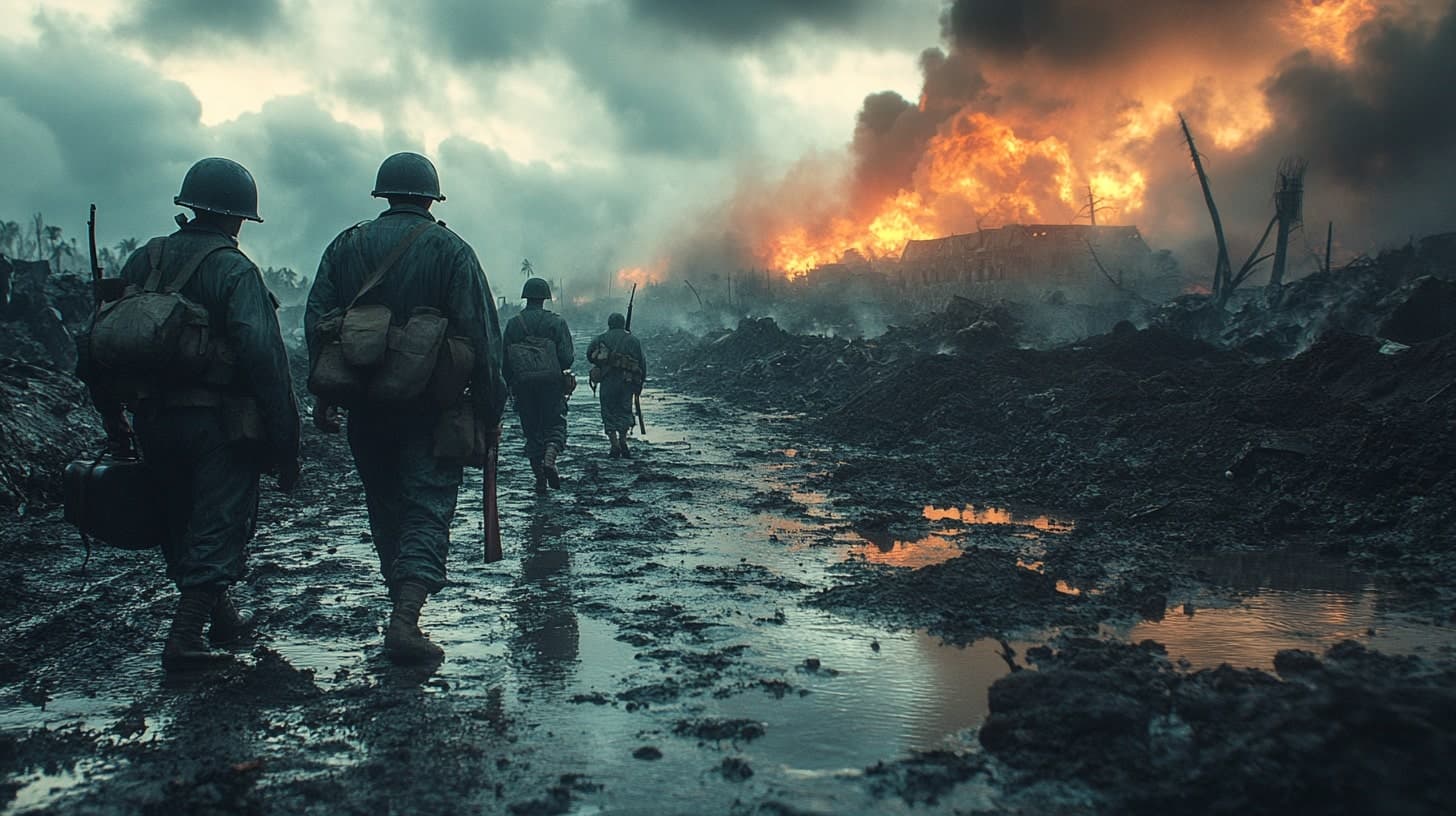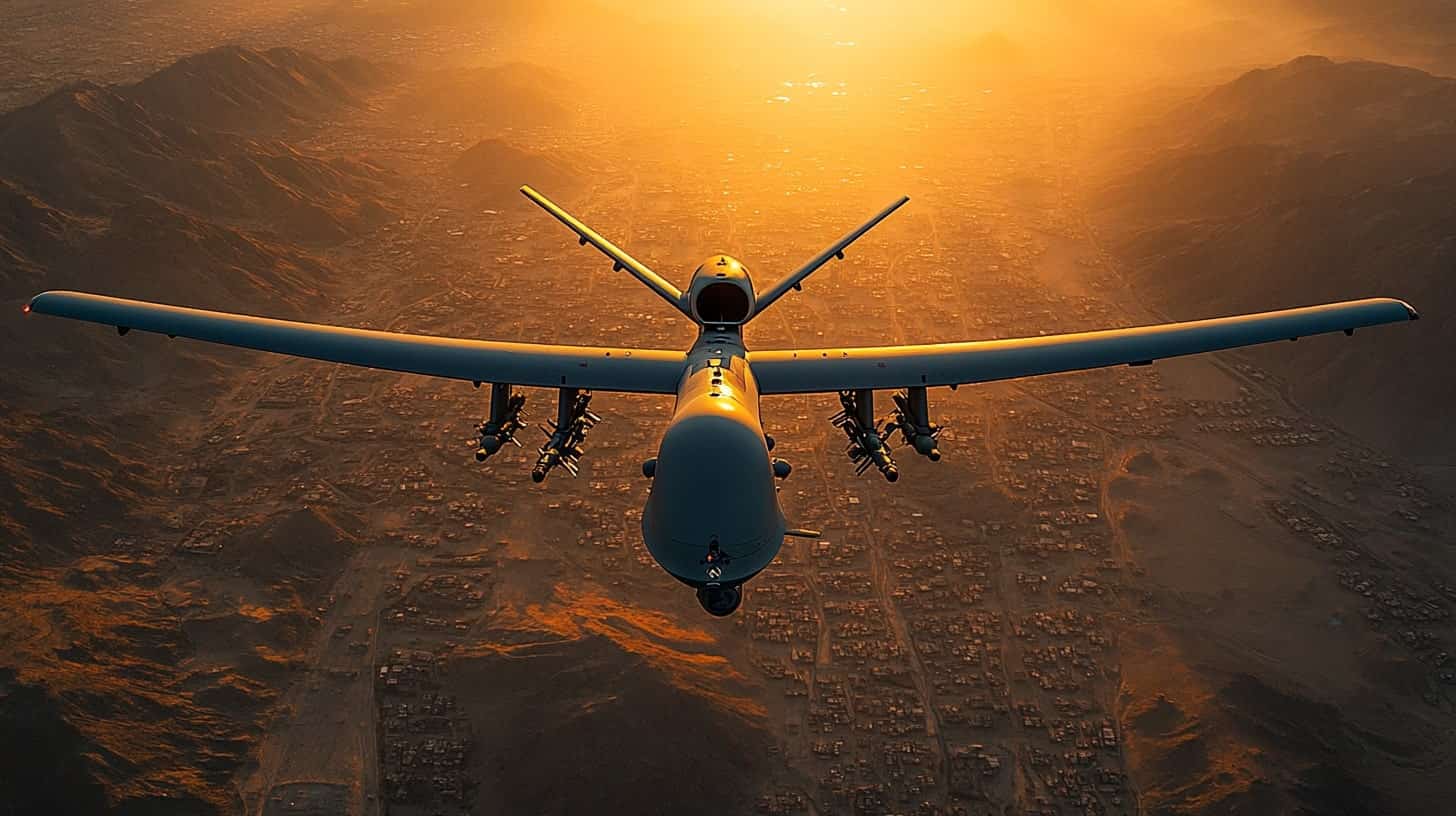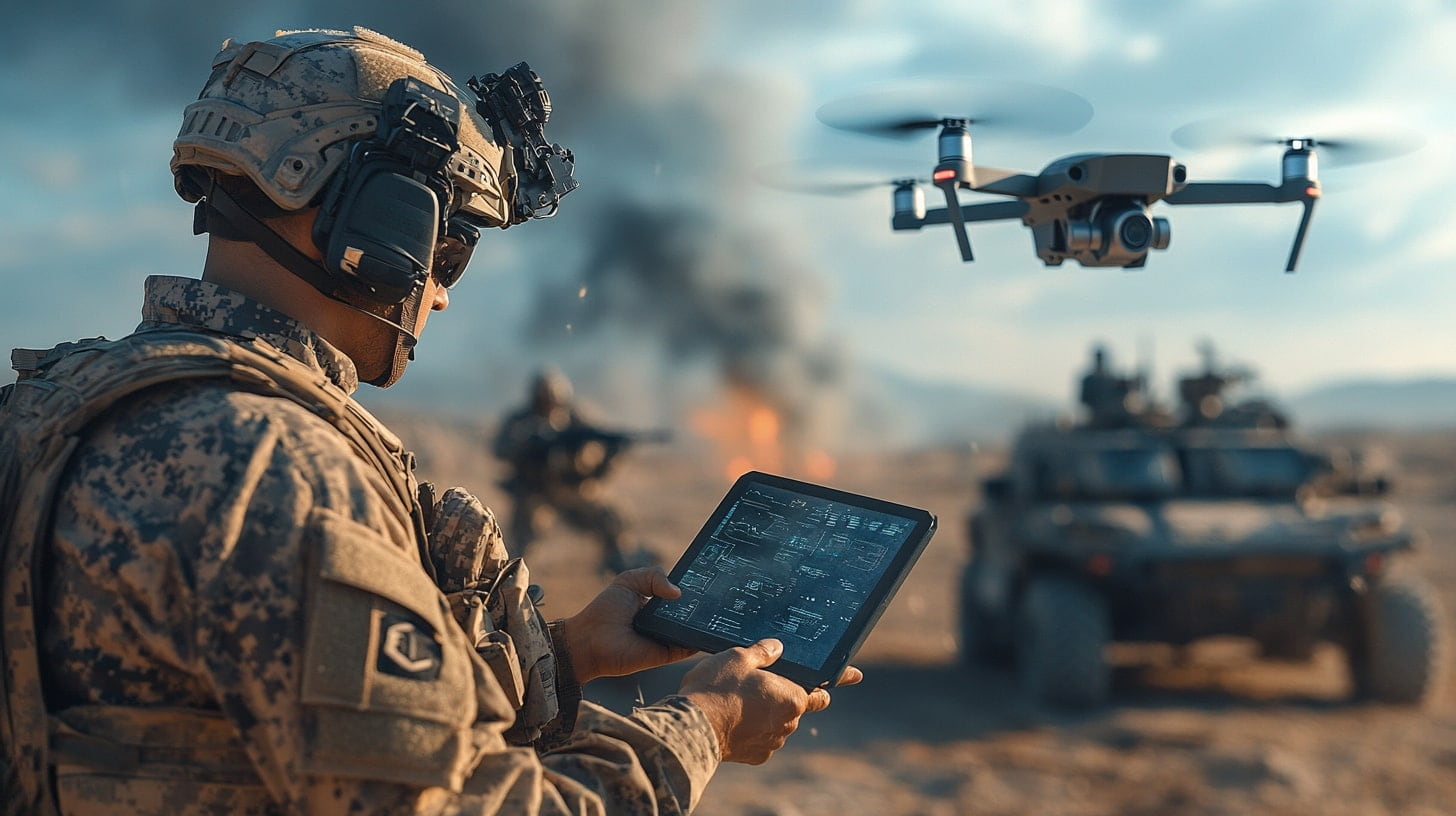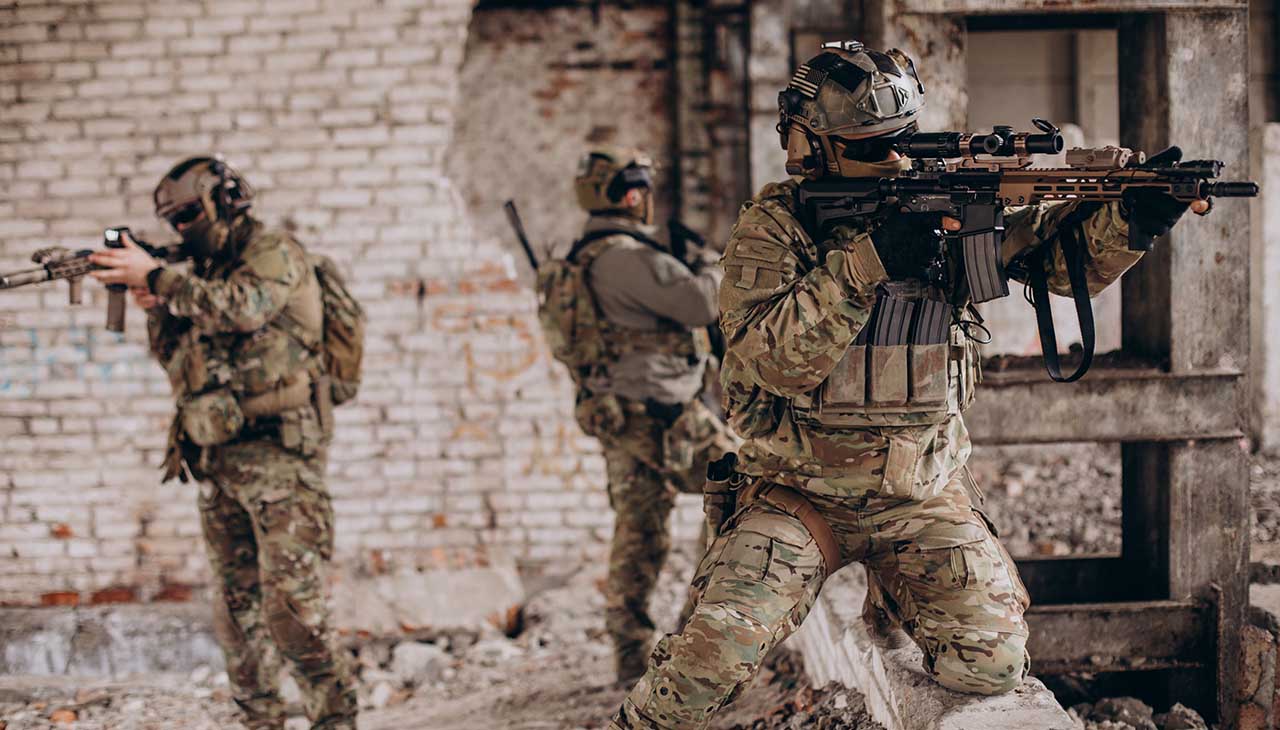The 20th century was a period defined by unprecedented technological, political, and social changes. Central to these transformations were the military conflicts that shaped nations, shifted borders, and redefined the global order. From two devastating world wars to regional conflicts that stemmed from ideological divides, these conflicts not only determined the course of history but also left legacies that persist to this day. This article examines some of the most significant military conflicts of the 20th century, their causes, their outcomes, and their broader implications for the world.
World War I (1914-1918): The Great War
World War I, often referred to as “The Great War,” was one of the most devastating conflicts in human history. Sparked by the assassination of Archduke Franz Ferdinand of Austria in 1914, the war drew in major powers through a tangled web of alliances. The Central Powers—primarily Germany, Austria-Hungary, and the Ottoman Empire—faced off against the Allied Powers, led by France, the United Kingdom, Russia, and later the United States.
Trench warfare and new technologies such as machine guns, poison gas, and early tanks led to unprecedented carnage. The war resulted in approximately 20 million deaths and left Europe economically and socially shattered. The Treaty of Versailles in 1919 ended the war but sowed the seeds for future conflict by imposing harsh reparations on Germany and redrawing national boundaries, creating resentment and instability.
World War II (1939-1945): The Global Conflagration
World War II, a direct consequence of unresolved tensions from World War I, stands as the largest and deadliest conflict in history. It was fueled by the rise of totalitarian regimes, particularly Nazi Germany under Adolf Hitler, fascist Italy under Benito Mussolini, and imperial Japan under Emperor Hirohito. The war began with Germany’s invasion of Poland in 1939, prompting Britain and France to declare war.
The conflict spanned Europe, the Pacific, Africa, and Asia, drawing in virtually every major world power. Key events such as the invasion of Normandy (D-Day), the Battle of Stalingrad, and the atomic bombings of Hiroshima and Nagasaki defined the war’s outcome. Approximately 70-85 million people perished, including 6 million Jews during the Holocaust.
The aftermath reshaped the geopolitical landscape: the United States and the Soviet Union emerged as superpowers, leading to the Cold War. The United Nations was founded to prevent future conflicts, and decolonization movements accelerated worldwide.
The Korean War (1950-1953): A Divided Peninsula
The Korean War was one of the first major conflicts of the Cold War era. After World War II, Korea was divided along the 38th parallel into the communist North, supported by the Soviet Union and China, and the capitalist South, backed by the United States. When North Korea invaded South Korea in 1950, the United Nations, led by the U.S., intervened to repel the invasion.
The conflict saw intense fighting, including the large-scale involvement of Chinese troops. The war ended in 1953 with an armistice agreement, but no formal peace treaty was signed, leaving the Korean Peninsula divided to this day. The war resulted in millions of deaths and solidified the ideological divide between communism and capitalism.
The Vietnam War (1955-1975): A Nation in Turmoil
The Vietnam War was a long and controversial conflict rooted in the global struggle between communism and capitalism. The communist North Vietnam, supported by the Soviet Union and China, sought to unify the country under a single communist regime, while the South, supported by the United States, aimed to prevent this.
The war was characterized by guerrilla warfare, massive bombing campaigns, and significant civilian casualties. The Tet Offensive in 1968 marked a turning point, eroding public support for the war in the United States. Despite immense military effort, the U.S. withdrew in 1973, and North Vietnam captured Saigon in 1975, reunifying the country under communist rule.
The Vietnam War deeply impacted American society, sparking widespread anti-war movements and shifting public attitudes toward government and military intervention. It also influenced military strategies and policies in subsequent conflicts.
The Falklands War (1982): A Brief but Intense Conflict
The Falklands War was a 10-week conflict between Argentina and the United Kingdom over the disputed Falkland Islands. Argentina, under a military junta, invaded the islands in April 1982, asserting its claim to the territory. The UK, under Prime Minister Margaret Thatcher, responded with a naval task force to reclaim the islands.
The conflict involved naval, air, and ground operations and resulted in the deaths of over 900 military personnel. The British ultimately recaptured the islands, and the defeat led to the downfall of the Argentine junta. The war underscored the importance of military readiness and logistics, particularly for overseas conflicts.
The Cold War (1947-1991): An Era of Proxy Conflicts
Though the Cold War wasn’t a direct military confrontation between the United States and the Soviet Union, it encompassed numerous proxy wars and standoffs. Conflicts in regions like the Middle East, Africa, Latin America, and Asia were fueled by Cold War dynamics, with both superpowers supporting different sides to expand their influence.
The Cuban Missile Crisis (1962) brought the world to the brink of nuclear war, highlighting the era’s constant tension. The Cold War officially ended with the dissolution of the Soviet Union in 1991, but its effects on international relations and military strategy remain significant.
Conclusion
The military conflicts of the 20th century were pivotal in shaping the modern world. They influenced political boundaries, technological advancements, and international relations. Each conflict, whether global or regional, left lasting impacts on the countries involved and the global community. By understanding these key conflicts, we gain insight into the forces that continue to shape our world today. From the devastation of world wars to the ideological battles of the Cold War, the lessons of the 20th century remain crucial in preventing future conflicts and promoting peace.






Leave a Reply